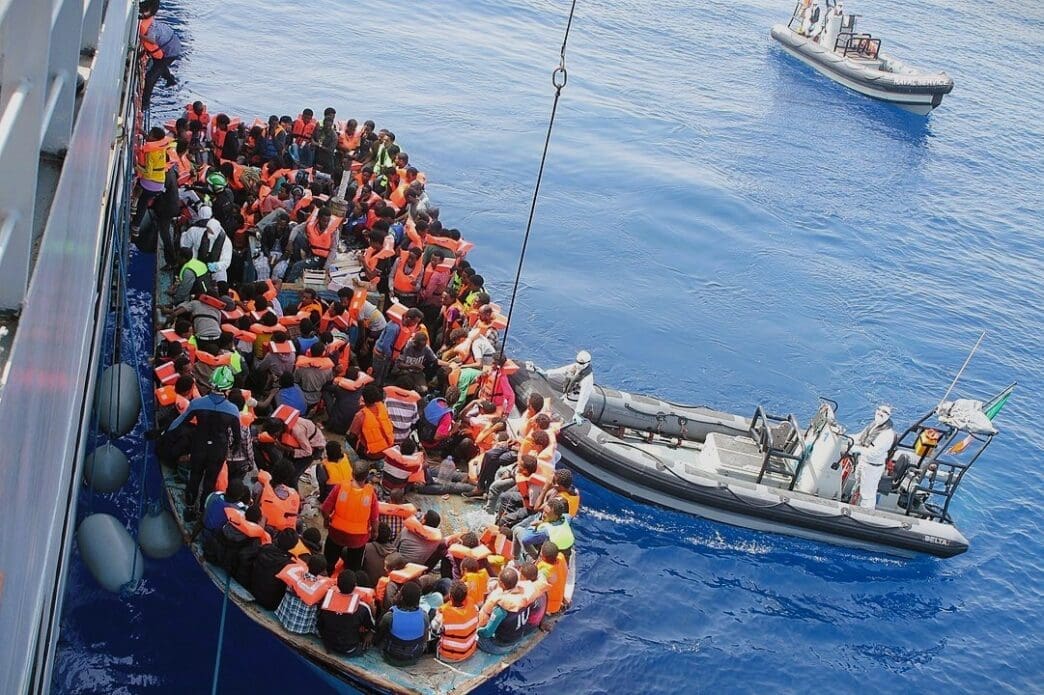The European Commission is set to propose new legislation in 2026 aimed at reforming Frontex, the European Union’s border agency, to enhance its presence, role, and responsibilities. This initiative seeks to bolster border security and strengthen EU cooperation in response to evolving threats. The agency plays a crucial role in managing EU borders, addressing migration challenges, and combating cross-border crimes linked to illegal trafficking.
Frontex, headquartered in Warsaw, has evolved significantly since 2019, when its mandate expanded from being an information hub to an executive agency with its own uniformed, armed European staff. The agency supports EU member states by providing personnel, resources, and equipment, assisting in the implementation of EU rules, such as the migration and asylum pact. Additionally, Frontex engages with non-EU countries through ad hoc cooperation agreements.
The upcoming reform is expected to significantly increase Frontex’s staff, resources, and border control equipment, while expanding its roles in border management legislation and operational support in non-EU countries. The European Commission has already introduced new legislation on migrant returns, suggesting a potential increase in Frontex’s involvement in this area. Currently, the agency offers operational and technical support for repatriating rejected asylum seekers or individuals without the right to stay in the EU, and it may play a larger role in these processes in the future.
Frontex’s involvement in returns includes both voluntary and forced returns. When returns are voluntary, individuals travel as regular passengers on commercial flights, while forced returns involve escorting individuals to their country of origin. The agency also runs a post-return program, collaborating with NGOs to help returnees reintegrate into their communities.
In 2022, Frontex supported the return of 24,850 people, with 40% returning voluntarily. This involvement increased to 58% in 2023. The 2019 reform approved an increase in Frontex staff to 10,000 officers by 2027, with deployment expected in 2028. The agency’s current staff includes over 2,100 members, with 8,000 officers in total, 1,500 of whom are directly employed by Frontex. The remaining staff are seconded from member states on short- and long-term assignments.
European Commission President Ursula von der Leyen has proposed tripling the agency’s staff based on the 2027 goal, aiming for up to 30,000 officers. However, there is no set deadline for achieving this target. A Frontex spokesperson noted that it is “too early to discuss any details” regarding these numbers.














